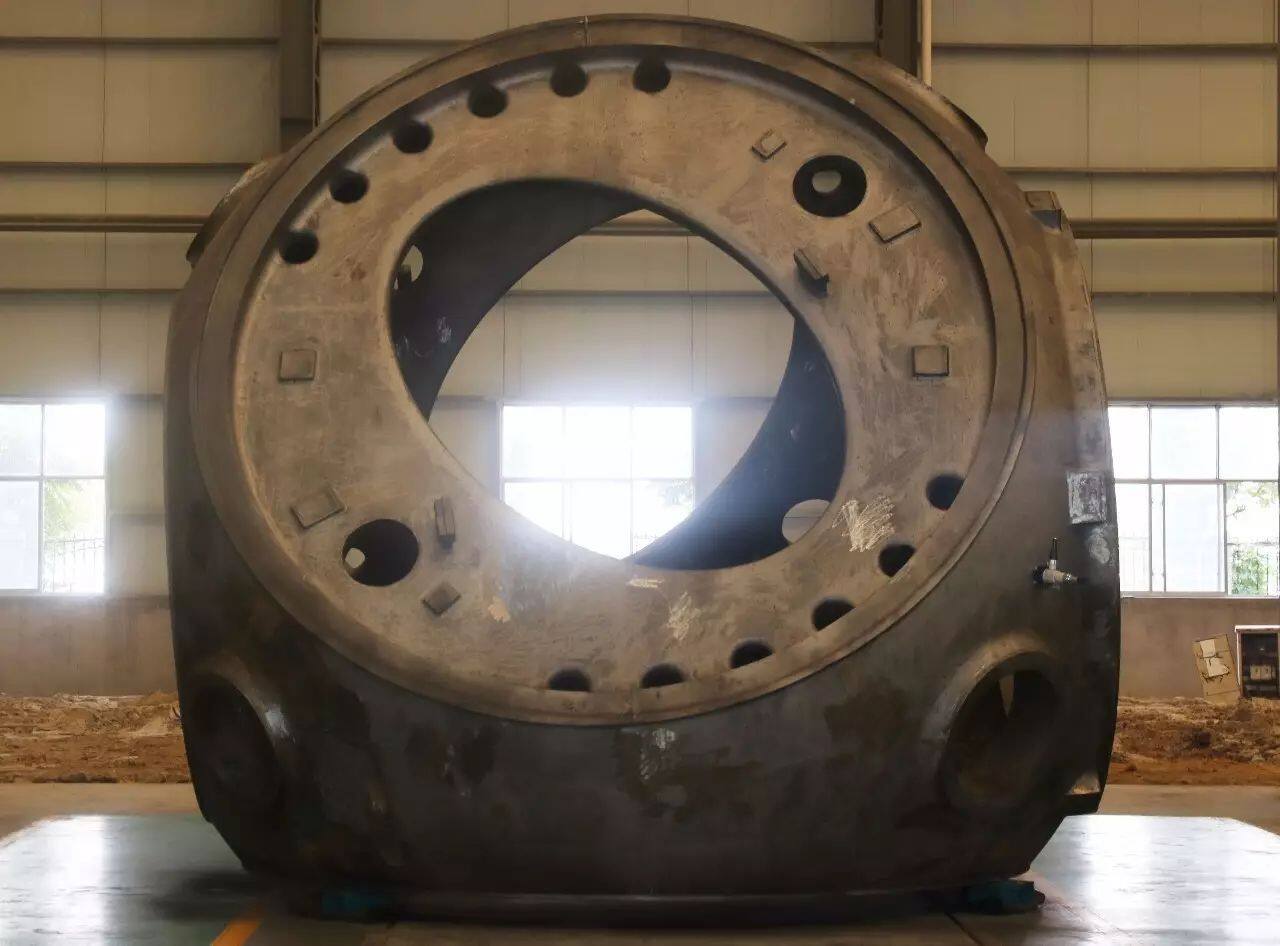Correo electrónico ukax janiw ch’usakïkaspati
Contraseña ukax janiw ch’usakïkaspati
Correo electrónico formato ukan pantjasitapa
Correo electrónico ukax janiw ch’usakïkaspati
Correo electrónico ukax nayratpach utjxiwa
6-20 chimpunaka(letranakampi jakhunakampikiwa)
Uka aruskipawixa janiwa chiqaparu uñjatäkiti
Correo electrónico formato ukan pantjasitapa
Correo electrónico ukax janiw ch’usakïkaspati
Correo electrónico ukax janiw utjkiti
6-20 chimpunaka(letranakampi jakhunakampikiwa)
Uka aruskipawixa janiwa chiqaparu uñjatäkiti

Yatiyawinaka
Why was Cast Iron Invented only in China?(1)
Before the invention of artificial iron smelting, the Chinese knew how to use natural meteorite iron to make tools. Meteorite iron products from the 14th century BC to the 9th century BC have been found. They are mainly copper iron composite artifacts. These artifacts use iron as the cutting edge of tools. It can be seen that iron was precious at that time and people had a deep understanding of the different properties of iron and bronze.

At the early stage of human history, due to various restrictions, the smelting temperature could not reach the high temperature to completely melt the metallic iron, so only the lump-shaped wrought iron mixed with sponge-like semi-molten slag iron can be obtained, which is called block iron making, and is mainly seen in the West. The Chinese invented cast the iron in the 6th century BC or even earlier, and decarburized cast iron into steel in the following time. These two represent different technical routes between the East and the west and coexist for a long time in the world.
Why was cast iron invented only in China, not in the west?
In fact, from the existing archaeological discoveries, the West has also occasionally obtained some cast iron products. For example, some pig iron particles have been found in some ancient Roman sites, including some ancient Roman sites in England, but they have not been used for a long time. This is because the cast iron itself is brittle. Only after a series of heat treatments and turning into ductile cast iron can it have practical value. China has mastered the most critical technology of cast iron toughening.
In ancient China, pottery-making technology was relatively developed. With time, the temperature of the pottery kiln is also rising. For example, the firing temperature of black pottery is already very high. Some pottery kilns can reach more than 1000 ℃. Another developed technology is bronze casting technology.
Since the Shang and Zhou dynasties, the bronze casting technology has been very developed. This casting technology naturally continues to the processing of cast iron materials. During the spring and Autumn Period and the Warring States period, the bronze civilization had developed to a certain extent, and various bronze ritual vessels appeared. After the technology was mature, new material was needed for bronze casting, and cast iron came into being. At the same time, the increase in population and the great development of agriculture also gave birth to the production of cast iron and toughened cast iron.
In copper smelting, the copper smelting furnace with an internal heating method has been produced. For example, this copper smelting furnace was unearthed in the Tonglushan mining and smelting site in Hubei Province. The so-called internal heat method is to put the ore and charcoal in a furnace chamber for combustion reduction to directly produce metal. This is also the difference between China and other western countries. The adoption of annealing technology makes cast-iron technology in China different from that in ancient Rome. At that time, people could use annealing to turn cast iron into ductile cast iron or decarburize cast iron into steel. This has had a positive impact on the ancient agricultural civilization in China.
Make a purchase of individual cast iron skillets, cast iron molds, rock cast iron from China, you can get them at a good price if you have a large quantity. We hope to be your long-term partner.

